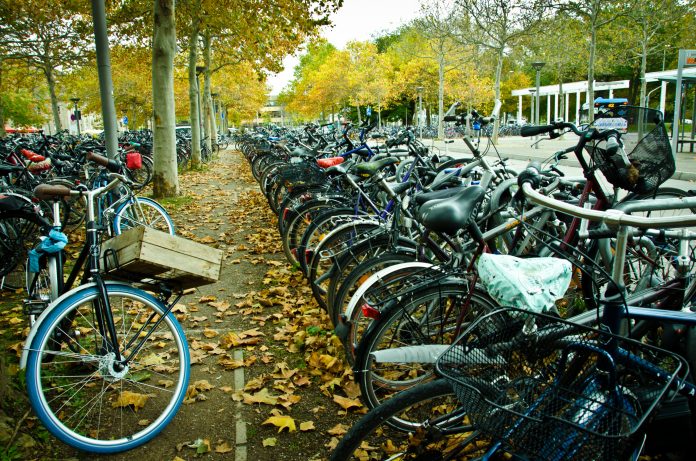In this article, Anna Lisa Boni, Secretary General of EUROCITIES, explains her thoughts on 100 climate neutral smart cities in more detail
Since the launch of the European Union mission on ‘climate neutral and smart cities’ in the framework of the future Horizon Europe programme, its board of 15 experts, including Anna Lisa Boni, EUROCITIES Secretary General (in her capacity as the board’s rapporteur), has developed a paper proposing to support and promote 100 European cities in their systemic transformation towards climate-neutrality by 2030, for and by the citizens.
For Europe to achieve climate neutrality by 2050, we need faster, more decisive and radical action. The mission assumes that supporting cities in such a transformative process during the next ten years will make this possible. To remain realistic though, the concept proposes that for big cities, the 2030 target will only concern a big district. So, the idea is to offer cities financial means to achieve the mission goals through both European Union (EU) programmes, such as Horizon Europe, the European Structural and Investment funds, the Just Transition Fund, Invest EU and others, and national and regional resources.
Climate City Contract
Ways for the private sector to invest in the same mission will also need to be identified. All the funding would be channelled through a ‘Climate City Contract’, signed by the city authority, the European Commission and the regional/national competent authorities. All the relevant stakeholders including the research and innovation local ecosystems would be mobilised at the city level to work and invest together towards achieving the mission for their city. By pushing cities to move to new forms of urban governance, the mission concept paper gives an important role to citizens as users, owners, consumers, activists and hence, as key agents of change.
The city contract would be based on a city mission strategy aimed at turning the key barriers usually facing cities into drivers — in particular — how to deal with and promote innovation; evolve to a more collaborative governance model; mobilise sufficient and relevant funding, financing and move towards sustainable economic models; promote integrated urban planning; and make the best use of smart technologies and data.
Climate neutrality, namely mitigating and offsetting all GHG (in CO2-eq) within a city, is the key target of the mission to achieve by 2030. Apart from the measurement of CO2-eq, indicators selected from frameworks on climate change mitigation and adaptation, other anthropogenic impacts to the climate, environment, energy transition, resilient cities and smart cities will also be part of a monitoring and reporting framework for participating cities.
The concept paper provides us with a framework. There is now a lot to be designed, also in collaboration with cities, as well as in the research and innovation arena, to make it operational, starting from how to select the 100 cities, the specific elements of the city contract and the details of the monitoring framework. And not to forget the EU and Member States will need to find ways to align the different funding instruments towards a single pot. Ambitious but feasible. We now need all the possible good ideas to make it happen…











